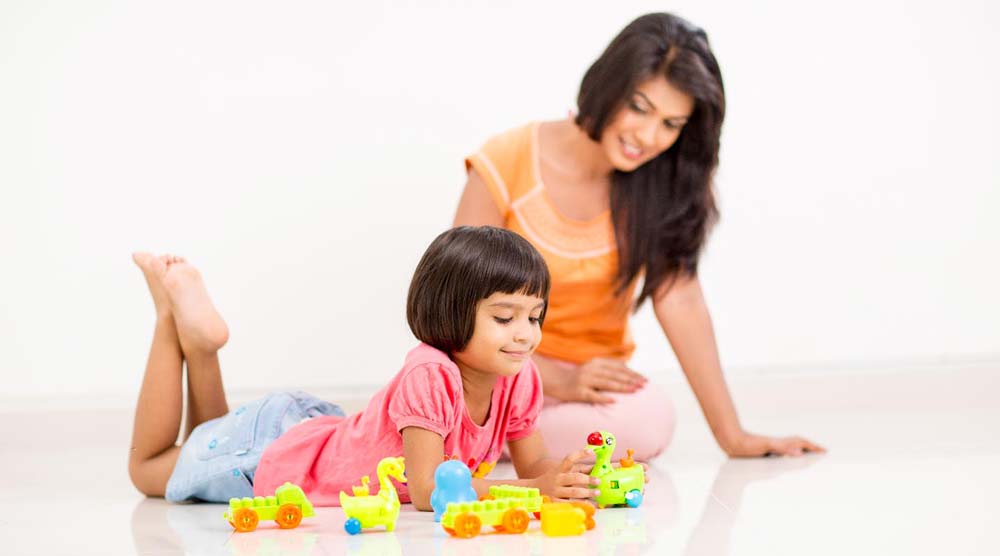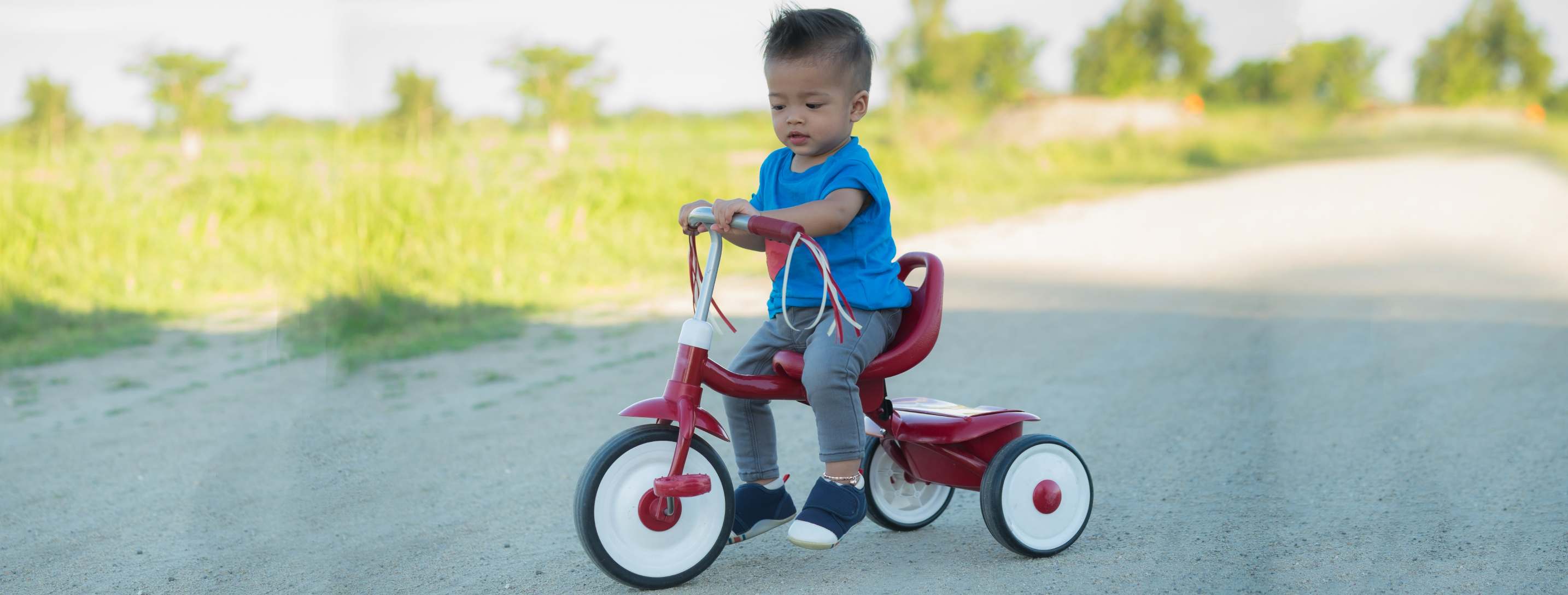























Chores and Responsibilities: Helping around the House

Dinusha Manjarie Wickremesekera
As adults we are called upon to independently take care of ourselves and also to run a home, have a family and hold a job along with the maintaining relationships and following our own interests. One questions that we think about as a parent is how can we make children more independent so that they can learn to take care of themselves.
Nurturing independence can start from a young age of 2 to 3 years, and you if haven’t already started it is never too late to start. Different types of activities can be introduced to match with the physical and cognitive development level. Activities that could help child become more independent would include beginning to play by themselves, learning how to dress themselves, beginning to clean up after themselves, getting what they would need to eat and drink, learning how to cook, gardening, and managing money being some of the things that are important to learn. Being involved in these activities would help their cognitive, physical and social and emotional intelligence.
There are a few things to keep in mind when getting children to work on household tasks:
- Tasks must be age appropriate. Make sure that they understand what is expected of them and they know how to do it. Developmentally they should be able to complete the tasks. For example if it is making the bed – it is best that you do it a few times with your child so that s/he learns how to do it. Talking about it and getting your child to help when they are as young as 3 or 4 is possible but they can only be assigned the task when they are older.
- There might be resistance particularly if you are introducing – it will come as a change and change is uncomfortable. Being consistent with time and rules is a good way to build good habits. Talking them about how helpful it is to you that they are doing the assigned chores as well as appreciating how they have done it will make children feel responsible and capable.
- Use rewards. When older it can be financial – so that they will also learn about saving up to get something they like. When younger rewards could be things that they like.
As they master household tasks and children will feel more competent and responsible. And helps families to work together – work gets done sooner and parents will with time have to do less and less – which then frees time for families to do more together.
Plan how you will get your children involved in household tasks. The following are some suggestions.
- Have the tasks up on a board and introduce the change to them carefully
- Allocated tasks must be age appropriate – doable and not boring or dangerous
- Clear communication as you convey the tasks to the your child, and praise and attentiveness to the completed tasks.
What type of household tasks would you include on your task board? Here are some suggestions.
- Putting toys away
- Getting dressed
- Helping with laundry
- Help with setting the table
Chores is another way to get the whole family working together and cooperating with each other. What would do to ensure that your household is the responsibility of your entire family?
Further Sources:
Age Appropriate Household Chores for Children by Nurture Infant House
https://www.nurtureinfant.com/post/age-appropriate-household-chores-for-children
Why Doing Household Chores Will Make Kids Smarter! (Household Chore For Kids) – By Prodigy Parents
https://www.youtube.com/watch?v=hBkwCyiIvmc
Taken from:
https://www.nspt4kids.com/parenting/household-chores-for-children-by-age/
Share With:
Recommended Articles


Nimali Buthpitiya
Say YES to play!
Concept of play was never so important to discuss with parents many years ago, since it was naturally a part of the daily life of a child. However the years...
Read More

Nimali Buthpitiya
Know and Help Develop Your Fascinating Three-Year-Old
At the age of 3, your bundle of joy is growing up fast and can barely sit still for even a minute! Every day is a chance for a new adventure, and he/she never r...
Read More

Nimali Buthpitiya
Helping your child develop social connections again
Pandemic has finally permitted to transition into our new normal lives again. Though the future is uncertain we are taking gradual steps each day to begin t...
Read More